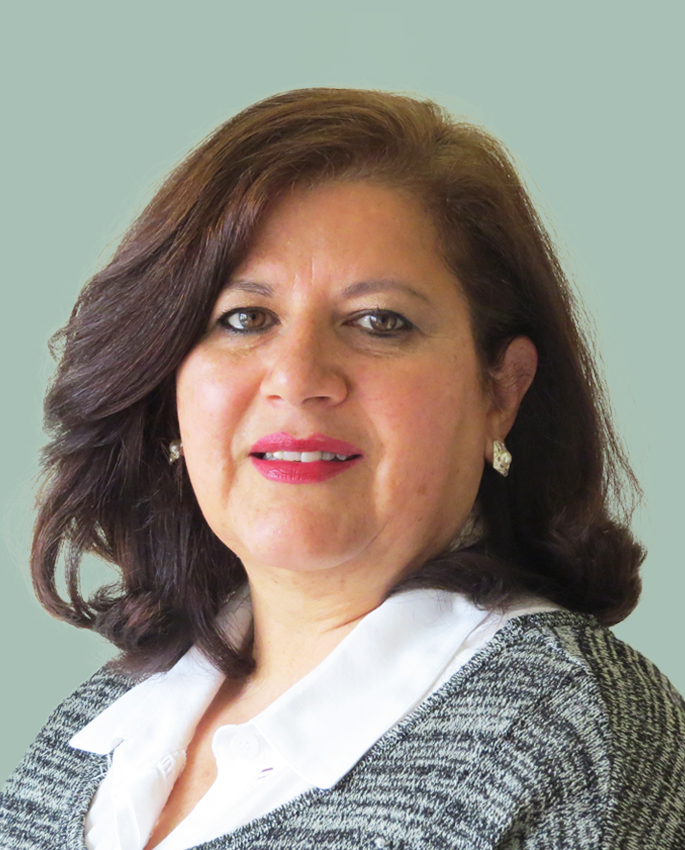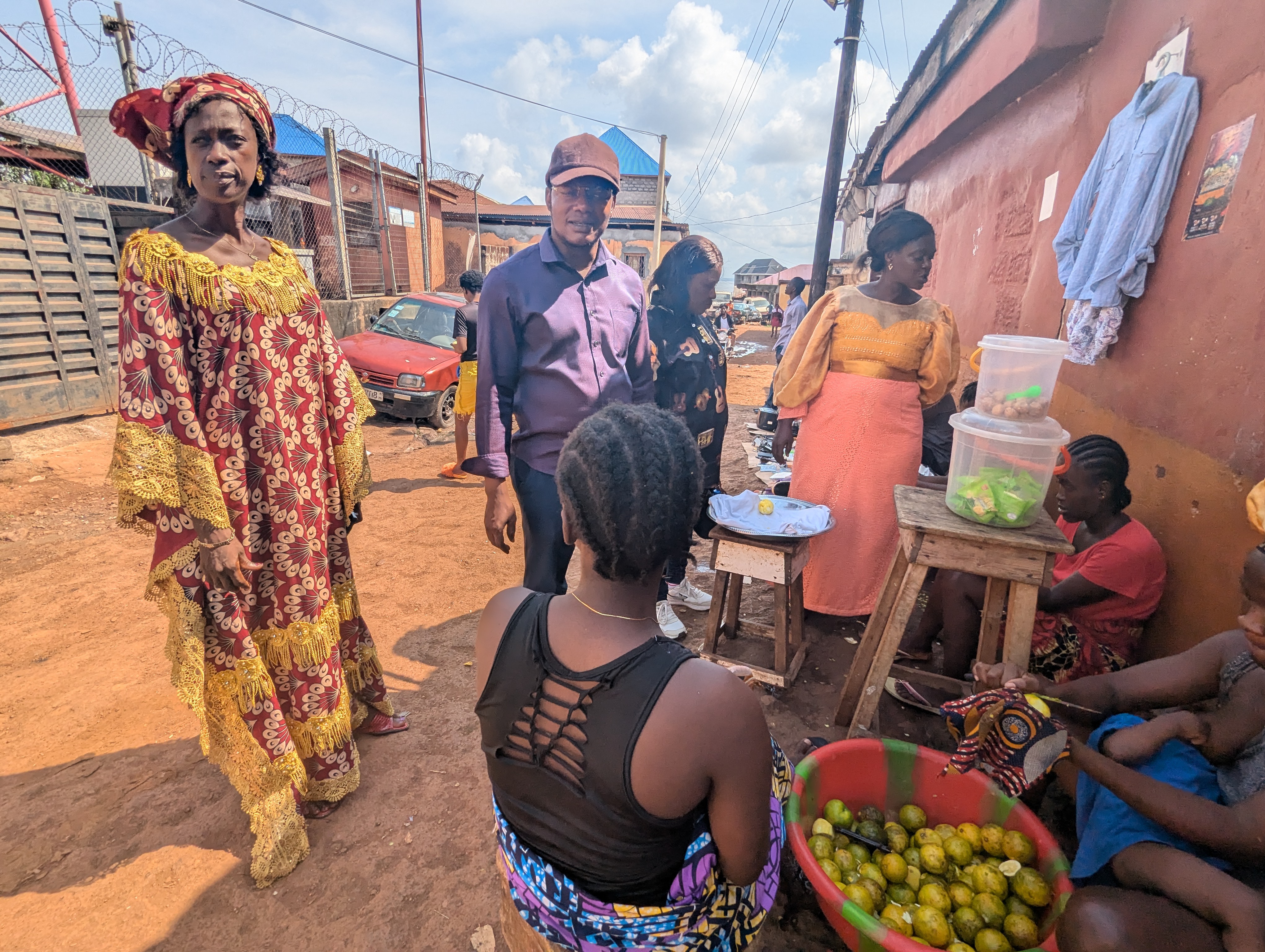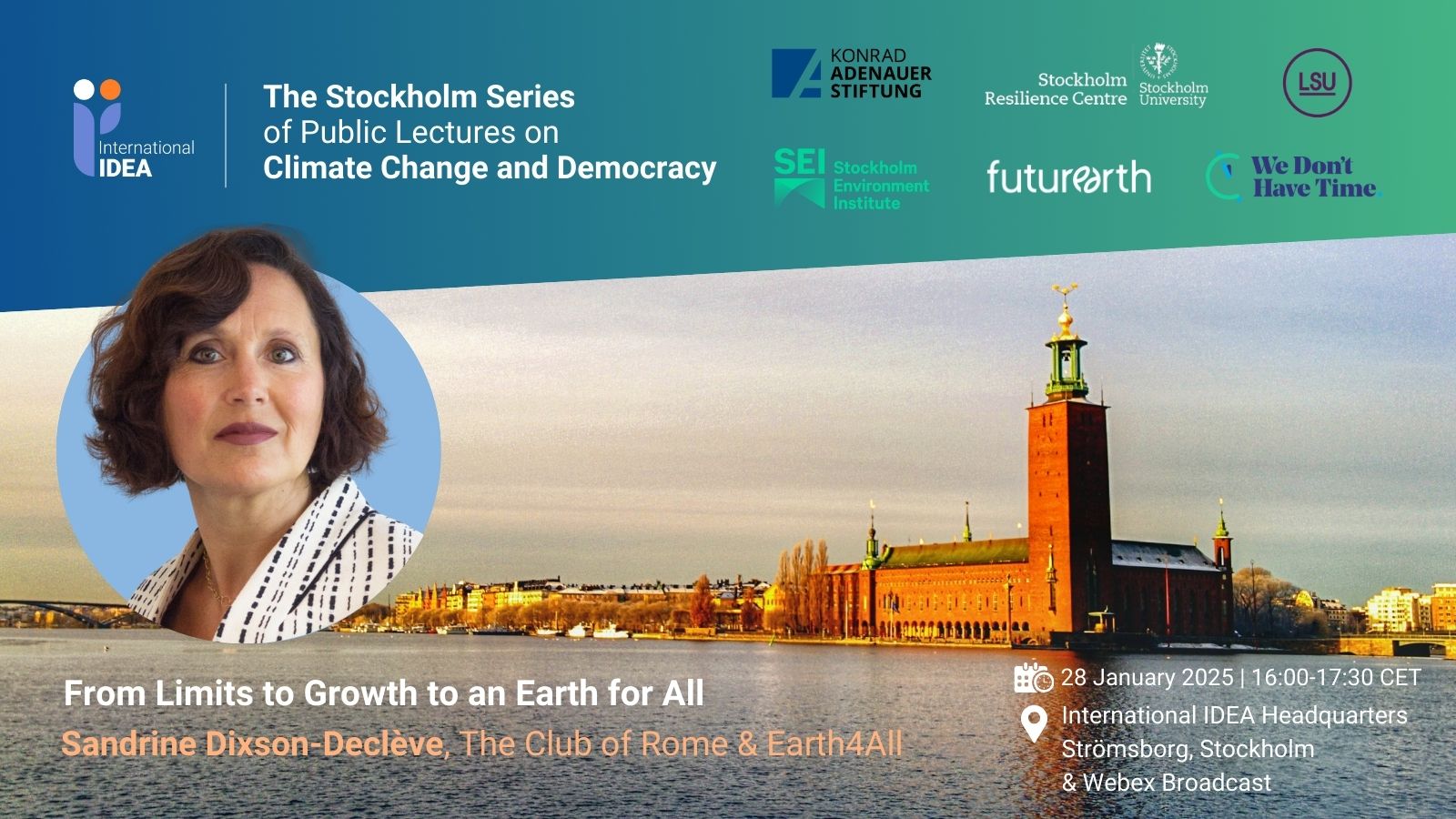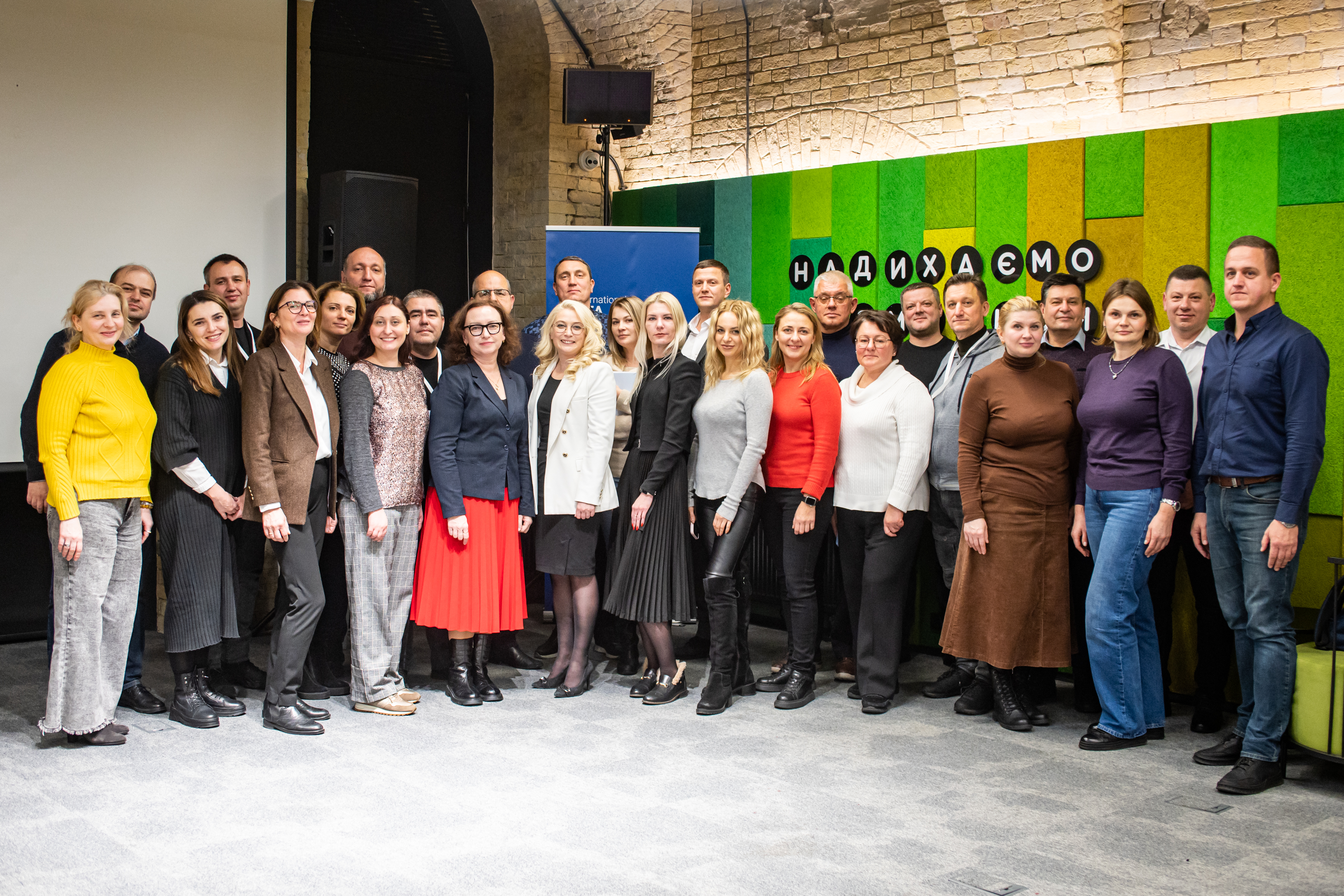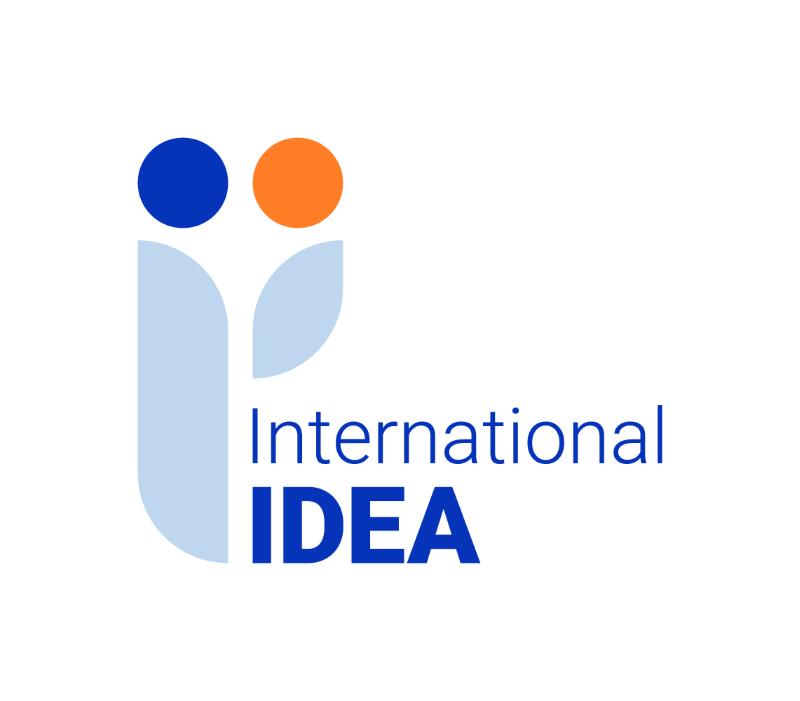First Regional Forum on ‘Strategic Vision for Development in El Beni’ with broad institutional and citizen participation
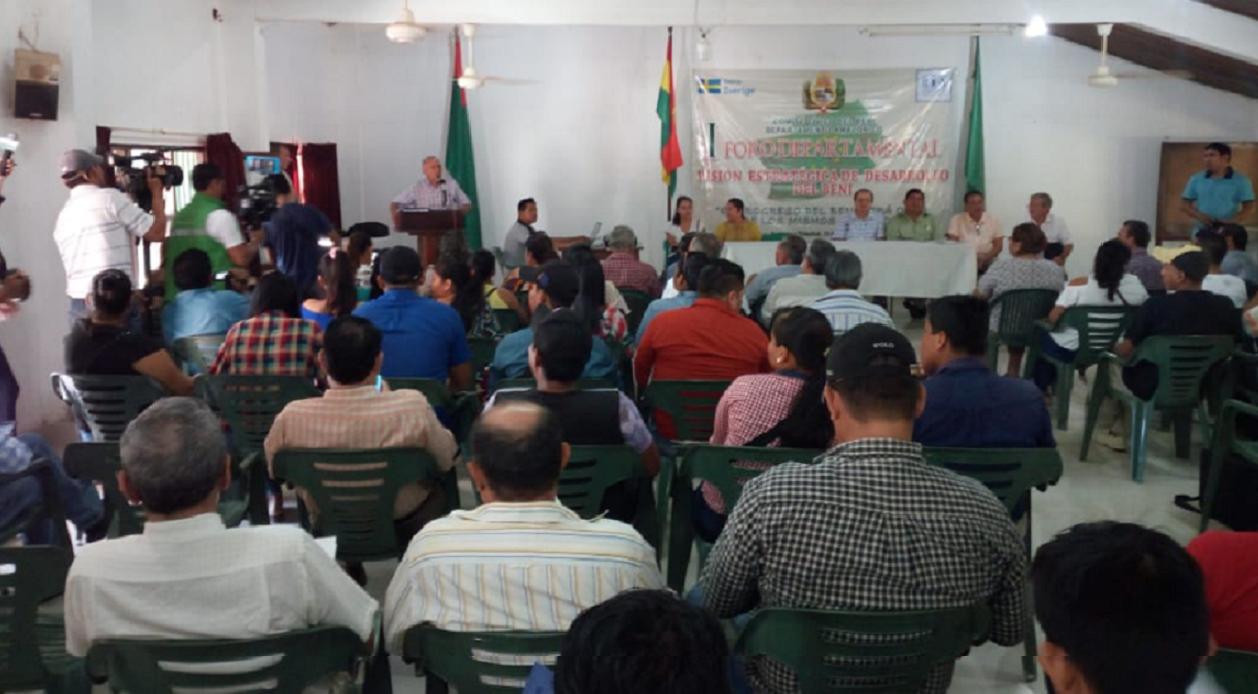
The First Regional Forum on a ‘Strategic Vision for Development in El Beni’ was held on 25 June 2019 in the city of Trinidad, the capital of the autonomous region of El Beni, and was organized by the regional civic committee, with the support of International IDEA.
Este artículo está disponible en Español.
The highlight was the broad participation of diverse sectors within the citizens of El Beni, such as national authorities, parliamentarians (M/F), regional executive authorities, assembly members, councillors and mayors from various municipalities, the state university, colleges, producers, indigenous peoples, rural workers, business persons, public officials, social sectors, youth and women organizations, university students and ordinary citizens.
In the introductory phase, much emphasis was placed on the significance of the gathering for the diversity and breadth of the social, regional, ethnic cultural, economic-productive and institutional make-up of the delegations taking part, as well as the fact that for the first time in the history of El Beni, such a broad and diverse space was available to address strategic issues related to regional development with a clear objective being to build an agenda together, which guides and drives the course of action to be undertaken by public, private, institutional and social stakeholders on the road to an integral, inclusive, sustainable and equitable development, which permits full articulation and complementarity within the diverse regions and economic-productive sectors in the autonomous region.
The second part benefited from the participation of expert professionals, researchers and academics who contributed to a diagnosis of the current situation and outlined the baselines that should comprise the foundation of a strategic vision on regional development, as well as the relevant planning, public policies, plans, programming and budgetary projections.
Thereafter, six roundtables were set up to address specific issues and thanks to a very participative and fruitful dialogue, proposals were made, which were subsequently presented as a set of conclusions in the plenary session of each workshop. These conclusions will be put in the system in the coming weeks to be widely socialised and enable their contents to be made available to all relevant decision-making and advocacy authorities, and go on to form an indispensable part of the public and social agenda in El Beni.
The issues addressed in the workshops were as follows: A comprehensive economic development strategy, a gender based development agenda, an indigenous and rural worker based development agenda, a youth based public policies agenda, a productive development and regional culture and identity agenda.
The electoral process that the country is experiencing constitutes a very favourable environment for the dissemination and stance of the work undertaken in the forum, such that the various political movements that will participate in the national elections later this year, and in regional elections in 2020, take careful note of the conclusions, proposals and recommendations made in the forum, and consider incorporating them into their government programs, and in the event of receiving backing from the majority, adopt such measures as effective public policies.
The interest shown by the youth (M/F) was once more underscored, noting their participation in the discussion on the challenges facing El Beni and in the drafting of proposals and strategic development alternatives.
Likewise, the contribution made by International IDEA and the Swedish Embassy towards this initiative was praised, given the prominent outreach it could have, and the unanimous interest of the participants in maintaining continuity of the venture underway.
It is important to note that the event generated extensive coverage in the print media, radio and television in the autonomous region of El Beni.
